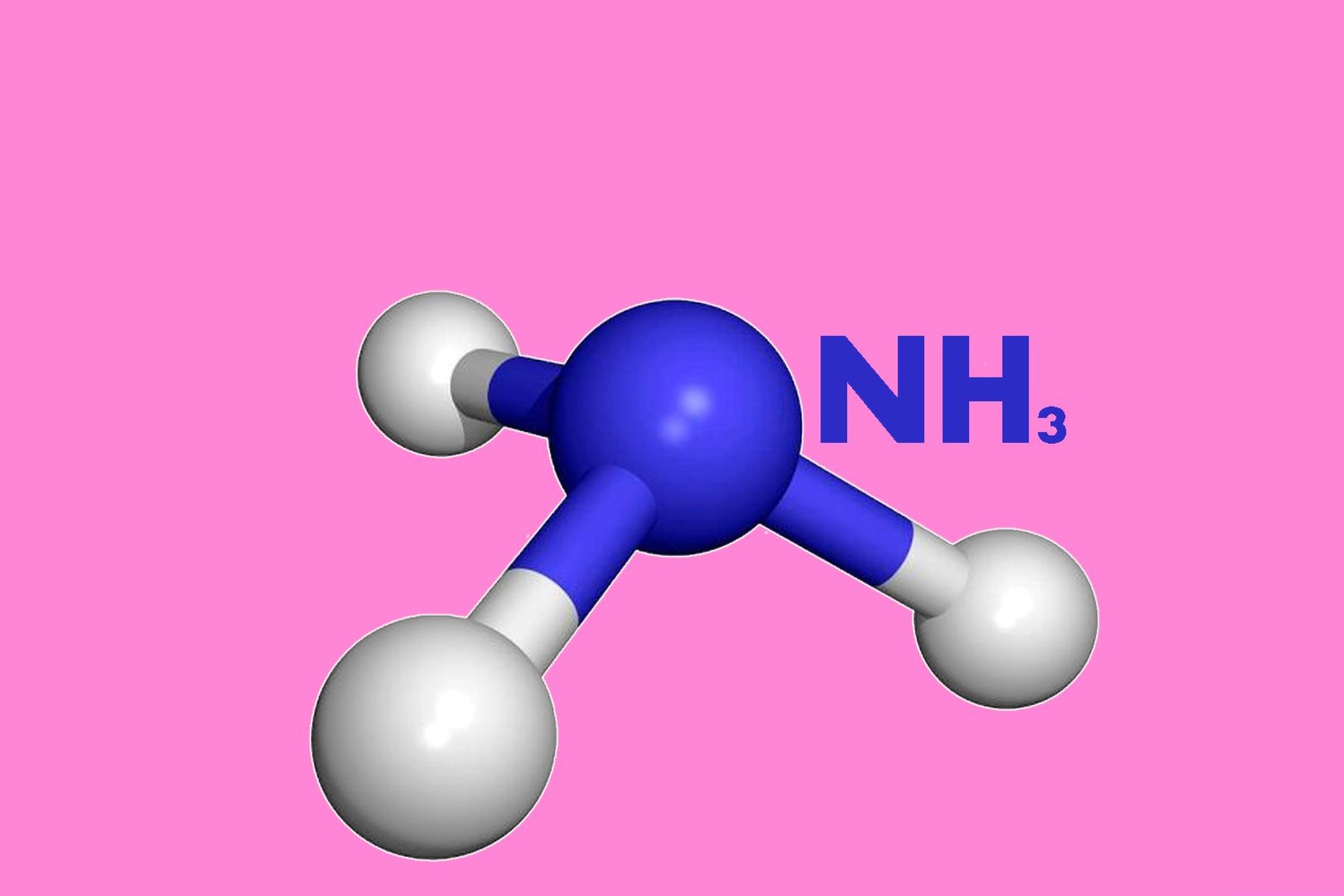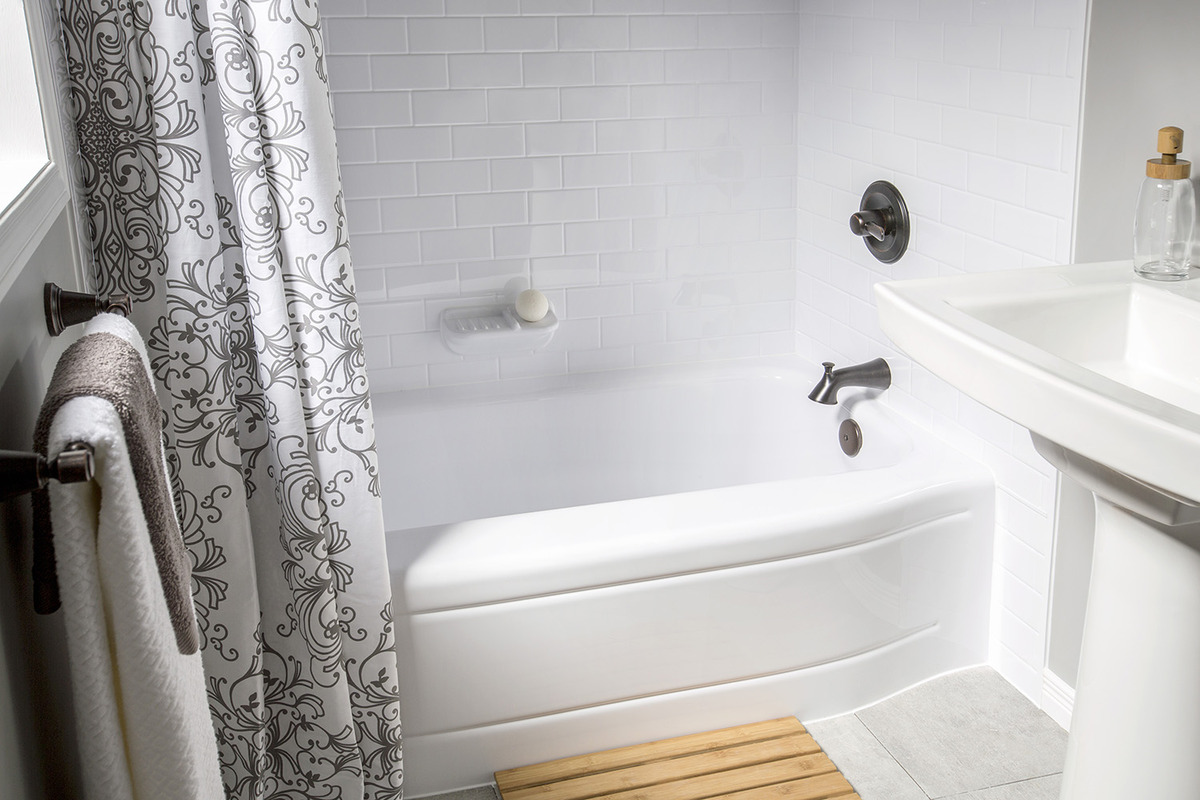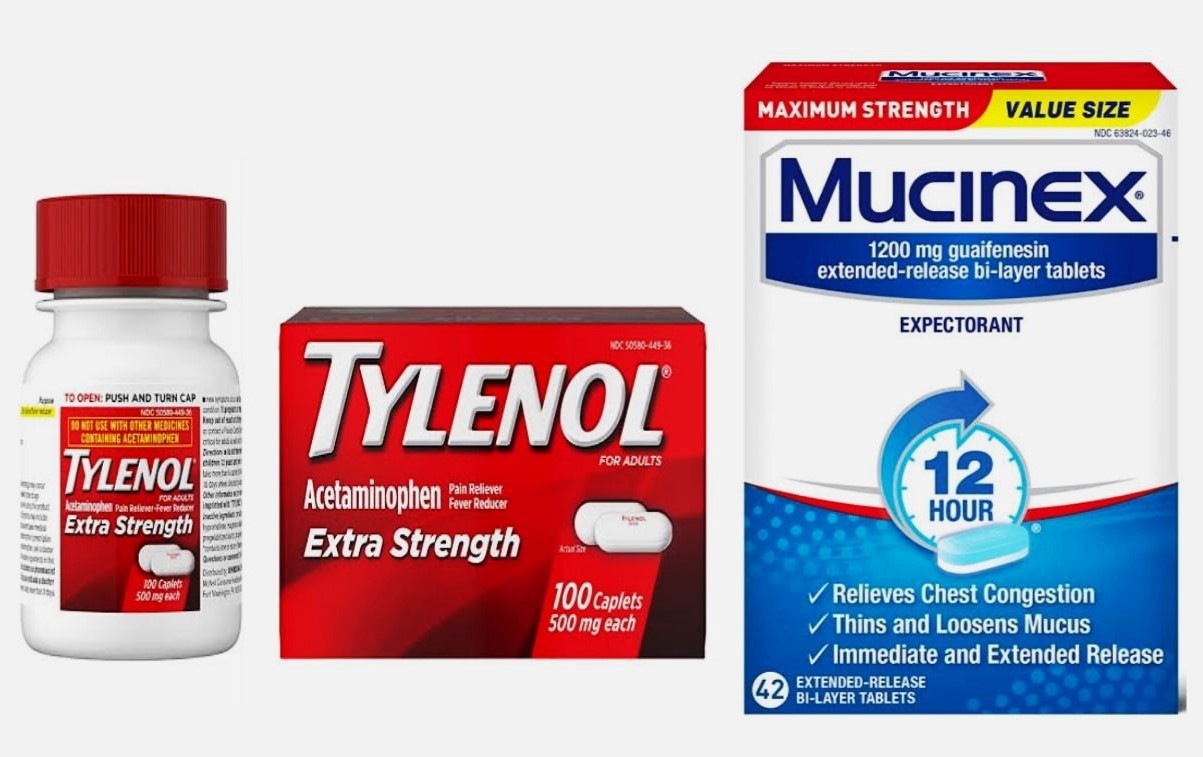Home>Health and Wellness>The Truth About Creatine And Acne: What You Need To Know


Health and Wellness
The Truth About Creatine And Acne: What You Need To Know
Published: February 2, 2024
Discover the relationship between creatine and acne, and learn how it impacts your health and wellness. Uncover the truth about creatine's effects on acne.
(Many of the links in this article redirect to a specific reviewed product. Your purchase of these products through affiliate links helps to generate commission for Noodls.com, at no extra cost. Learn more)
Table of Contents
Introduction
When it comes to fitness and sports performance, many individuals turn to supplements to enhance their results. One popular supplement that has garnered attention in the fitness community is creatine. Known for its potential to improve strength, power, and muscle mass, creatine is widely used by athletes and fitness enthusiasts. However, alongside its benefits, there have been concerns about the potential link between creatine consumption and acne breakouts.
In this article, we will delve into the relationship between creatine and acne, examining the scientific evidence and providing insights on how to minimize the risk of experiencing acne while using creatine. By shedding light on this topic, we aim to equip readers with the knowledge they need to make informed decisions about incorporating creatine into their fitness regimen. So, let's explore the truth about creatine and acne, and what you need to know to navigate this aspect of your health and wellness journey.
What is Creatine?
Creatine is a naturally occurring compound that plays a crucial role in the production of energy within the body, particularly in high-intensity, short-duration activities such as weightlifting and sprinting. It is synthesized in the liver, kidneys, and pancreas from amino acids, namely arginine, glycine, and methionine. Additionally, creatine is also obtained through dietary sources such as red meat and seafood, albeit in smaller quantities.
Once ingested, creatine is predominantly stored in the muscles in the form of phosphocreatine, which serves as a rapid and easily accessible energy reserve during intense physical exertion. This mechanism enables individuals to perform brief, explosive movements by replenishing adenosine triphosphate (ATP), the primary energy currency of the cell. By facilitating the regeneration of ATP, creatine contributes to improved muscle strength, power output, and overall exercise performance.
Given its potential to enhance physical performance, creatine has become a popular dietary supplement among athletes and fitness enthusiasts. Its ability to support muscle growth and aid in recovery after intense workouts has made it a staple in the fitness community. Moreover, research has indicated that creatine supplementation may offer benefits beyond athletic performance, including potential neuroprotective properties and therapeutic applications in certain medical conditions.
In summary, creatine is a naturally occurring compound that plays a pivotal role in energy metabolism, particularly during short bursts of high-intensity physical activity. Its supplementation has been associated with various performance-enhancing benefits, making it a widely utilized and researched substance in the realm of sports nutrition and exercise science.
The Link Between Creatine and Acne
The potential association between creatine supplementation and acne has been a topic of interest and concern within the fitness and wellness communities. Acne, a common skin condition characterized by the presence of pimples, blackheads, and cysts, can significantly impact an individual's self-esteem and overall well-being. While the exact causes of acne are multifaceted and can vary from person to person, the role of creatine in potentially exacerbating acne symptoms has garnered attention.
One proposed mechanism linking creatine to acne is its potential to increase the production of dihydrotestosterone (DHT), a potent androgen hormone derived from testosterone. Elevated levels of DHT have been associated with the development of acne, particularly in individuals who are genetically predisposed to this hormonal response. Additionally, creatine supplementation may lead to an increase in intramuscular water retention, potentially contributing to a state of systemic inflammation, which has been linked to acne development.
Furthermore, the potential impact of creatine on insulin-like growth factor 1 (IGF-1) levels has been a subject of interest in the context of acne. IGF-1 is a hormone with anabolic properties, playing a role in tissue growth and development. Elevated levels of IGF-1 have been implicated in the pathogenesis of acne, as it can stimulate sebum production and promote the proliferation of skin cells, factors that contribute to the formation of acne lesions.
It is important to note that individual responses to creatine supplementation can vary, and not everyone who uses creatine will experience acne breakouts. Factors such as genetics, hormonal balance, dietary habits, and skincare routines can all influence the likelihood of developing acne while using creatine.
In summary, while the precise mechanisms underlying the potential link between creatine and acne are not fully elucidated, the hormonal and inflammatory pathways associated with creatine supplementation have been implicated in the development or exacerbation of acne symptoms in some individuals. Understanding these potential connections is essential for individuals who are considering or currently using creatine as part of their fitness regimen. In the following section, we will explore scientific studies that have investigated the relationship between creatine supplementation and acne, shedding light on the current state of research in this area.
Scientific Studies on Creatine and Acne
Scientific exploration of the potential relationship between creatine supplementation and acne has yielded valuable insights, although the findings remain somewhat inconclusive. Several studies have sought to examine the effects of creatine on hormonal profiles, skin health, and the development of acne symptoms in individuals using creatine supplements.
A study published in the "Journal of the International Society of Sports Nutrition" investigated the impact of creatine supplementation on markers of androgenic hormones, including testosterone and DHT, in resistance-trained men. The findings revealed that while short-term creatine monohydrate supplementation did not significantly influence testosterone levels, it was associated with a modest increase in DHT concentrations. This observation suggests a potential link between creatine use and alterations in androgenic hormone profiles, which may have implications for skin health and the development of acne.
In another study published in the "Journal of the American Academy of Dermatology," researchers explored the association between IGF-1 levels and acne severity in young adults. The results indicated that elevated IGF-1 levels were positively correlated with the presence and severity of acne lesions. Given the role of IGF-1 in stimulating sebum production and influencing skin cell proliferation, these findings provide valuable insights into the potential mechanisms through which creatine supplementation, which has been linked to increased IGF-1 levels in some studies, may impact acne development.
While these studies shed light on potential hormonal and metabolic pathways through which creatine supplementation may influence acne, it is important to note that the research in this area is still evolving. The complexity of acne development, which involves multifaceted interactions between hormones, genetics, inflammation, and skin physiology, underscores the need for further comprehensive investigations to elucidate the precise mechanisms underlying the potential link between creatine and acne.
In summary, scientific studies have provided valuable insights into the potential connections between creatine supplementation and acne, particularly in relation to hormonal and metabolic pathways. While the findings are not definitive, they underscore the importance of continued research to better understand the impact of creatine on skin health and acne development. This ongoing scientific inquiry is essential for individuals and healthcare professionals seeking to make informed decisions regarding creatine use and its potential implications for skin wellness.
How to Minimize the Risk of Acne While Using Creatine
Minimizing the risk of acne while using creatine involves a multifaceted approach that encompasses various lifestyle and skincare considerations. By implementing proactive strategies, individuals can potentially mitigate the impact of creatine supplementation on skin health, thereby optimizing their overall well-being. Here are several actionable steps to consider:
-
Stay Hydrated: Adequate hydration is crucial for maintaining skin health. When using creatine, ensuring sufficient water intake is essential, as creatine supplementation has been associated with intramuscular water retention. By staying hydrated, individuals can support proper skin hydration and potentially reduce the risk of acne breakouts.
-
Monitor Hormonal Balance: Given the potential influence of creatine on hormonal pathways, it is important to prioritize hormonal balance through healthy lifestyle practices. This includes maintaining a well-rounded diet, engaging in regular physical activity, managing stress levels, and getting adequate sleep. These factors can contribute to overall hormonal equilibrium, potentially minimizing the impact of creatine on hormone-related skin issues.
-
Adopt a Skincare Routine: Implementing a consistent skincare regimen can help manage and prevent acne. This may involve using gentle cleansers, non-comedogenic moisturizers, and targeted acne treatments as needed. Additionally, individuals using creatine should be mindful of sweat accumulation during workouts and promptly cleanse the skin post-exercise to reduce the likelihood of acne flare-ups.
-
Consider Lower Dosages: Some individuals may find that using lower dosages of creatine, particularly during the initial phase of supplementation, allows for better tolerance and potentially reduces the risk of skin-related side effects. Gradually increasing the dosage, if desired, while monitoring skin responses can provide valuable insights into individual tolerance levels.
-
Consult with a Healthcare Professional: Prior to initiating creatine supplementation, or if experiencing concerns related to acne while using creatine, consulting with a healthcare professional, such as a dermatologist or primary care physician, can offer personalized guidance. Healthcare providers can provide tailored recommendations based on individual health profiles and address any specific concerns related to acne and creatine use.
By integrating these proactive measures into their routine, individuals can take proactive steps to minimize the potential risk of acne while using creatine. It is important to approach creatine supplementation holistically, considering its potential impact on skin health alongside the desired performance benefits, to achieve a balanced and well-informed approach to fitness and wellness.
Conclusion
In conclusion, the potential relationship between creatine supplementation and acne represents a complex and multifaceted area of interest within the realm of sports nutrition and skincare. While the precise mechanisms underlying the potential link between creatine and acne are not fully elucidated, scientific studies have provided valuable insights into the potential connections, particularly in relation to hormonal and metabolic pathways. The findings from these studies underscore the importance of continued research to better understand the impact of creatine on skin health and acne development.
It is essential for individuals considering or currently using creatine as part of their fitness regimen to approach supplementation with a comprehensive understanding of its potential implications for skin wellness. By being aware of the factors that may contribute to the development or exacerbation of acne while using creatine, individuals can take proactive steps to minimize the potential risk and optimize their overall well-being.
Furthermore, the actionable strategies outlined for minimizing the risk of acne while using creatine emphasize the importance of a holistic approach to health and wellness. From staying hydrated and prioritizing hormonal balance to adopting a skincare routine and considering lower dosages, these measures empower individuals to make informed choices that align with their personal health goals.
As the scientific understanding of the interplay between creatine supplementation and skin health continues to evolve, it is crucial for individuals and healthcare professionals to remain informed and engaged in ongoing research. This collaborative effort will contribute to a more comprehensive understanding of the potential implications of creatine on skin health, ultimately empowering individuals to make well-informed decisions regarding their fitness and nutritional strategies.
In essence, the truth about creatine and acne underscores the importance of informed decision-making, proactive health management, and ongoing scientific inquiry. By navigating this aspect of their health and wellness journey with awareness and knowledge, individuals can optimize the benefits of creatine supplementation while minimizing the potential impact on skin health, thereby supporting their overall well-being and fitness endeavors.














